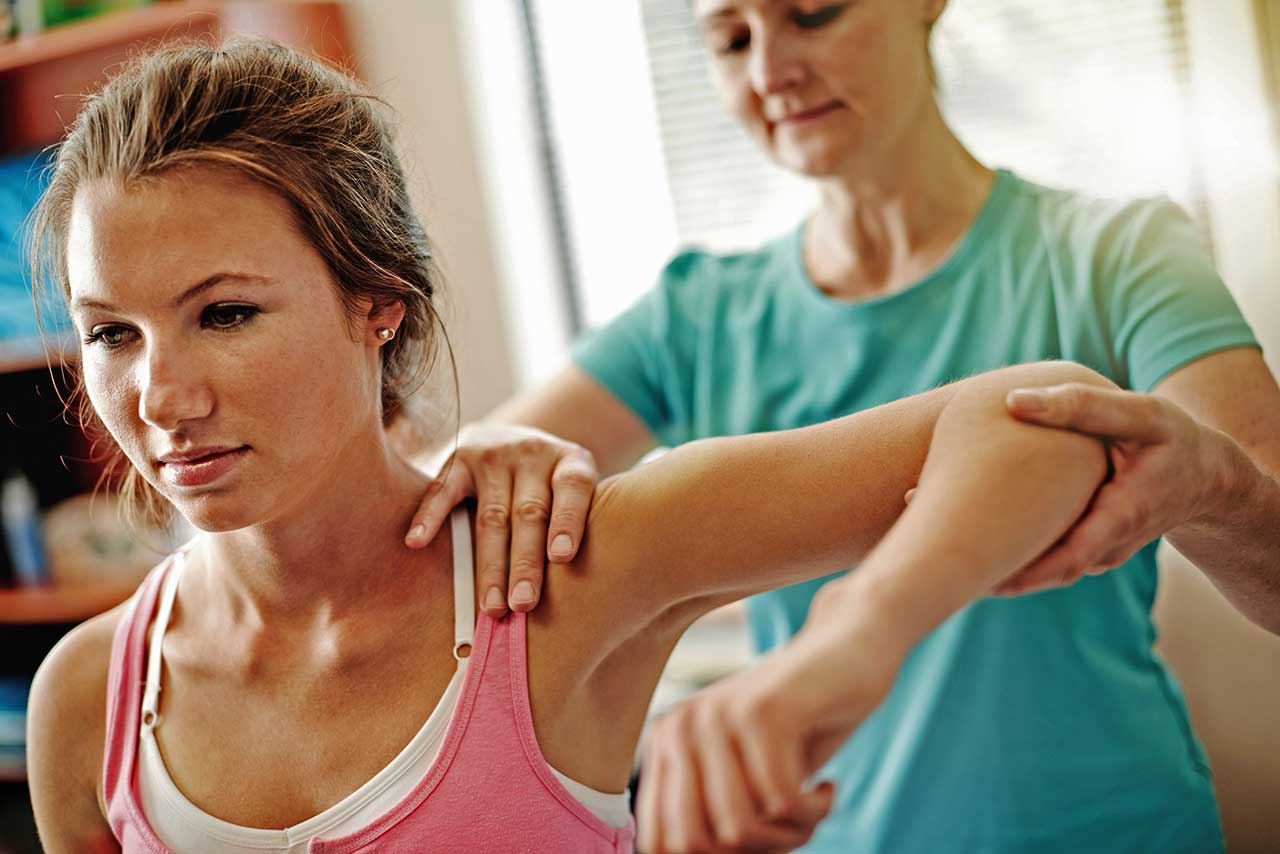After diagnosing a shoulder problem and the surgeon recommends surgical procedures, it is essential to prepare. First, knowing what the process involves can help you understand what to expect. A shoulder surgeon should take you through the options you have to treat and manage your issue.
The most common shoulder problems involve the tissues surrounding the joints. When the tendons tear or have other joints where you cannot move the arms overhead, a surgeon will need to look deeper into the situation. The medical practitioner will use a shoulder surgery method known as arthroscopy to identify the challenge. It entails cutting through the shoulder and using a camera to determine and treat the problem. Unlike the past, the incisions are small and allow the instruments to penetrate through.
Reasons for Arthroscopy Shoulder Surgery
The surgical procedure helps with the diagnosis and treatment of several shoulder conditions. A surgeon will recommend the method if;
- There is a tear in the shoulder tendons or is not in the proper position to aid shoulder movement.
- You experience shoulder dislocation. It may be a loose joint, and the procedure can help.
- You find it difficult to move the arms due to tissues inflammation around the shoulder.
With a basic understanding of the invasive technique to diagnose and treat shoulder problems, we will help you prepare for the procedures in the next section.
Insights into Shoulder Surgery Preparation
Below are things you need to consider when undergoing shoulder surgery;
- Medications handling; a surgeon should advise on the medications you should not take before the procedure. If you are under medication, you should talk to your doctor about it. In addition, you should have your meals and drinks at least 10 hours before the surgery.
- Have someone help with home chores and driving; it will be challenging to undertake activities around the house and drive before or after the treatment. Also, it is a risky move that can cause further complications to the shoulder. Therefore, you can have someone to help you with the home chores and drive you around when you need.
- Make items easily accessible; raising the arms overhead will be challenging. It would help if you had the things at a lower height. It will make them more accessible and reduce the chances of hurting the shoulder further.
- Plan your bathing; a bathing chair and a detachable showerhead will minimize the risk of injuring yourself while doing the essential activity. So, plan for it early.
- Have pillows; you will need to cushion the shoulder against impact, and pillows can help with the problem. Use the pillows when you lie down or sit to protect the shoulder from damage after the surgery.
Once you are at the hospital, you will wear a gown, and the surgeon will mark the shoulder that requires fixing. They will use anesthetics for the pain during the procedures. It will help if you have a loved one accompany you to the hospital. They can wait for you at the lobby and can see you soon the anesthetic eras off.


